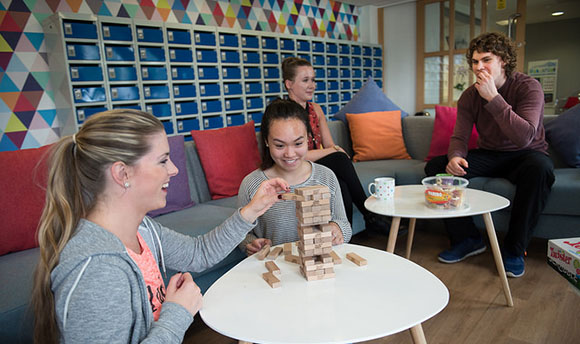After graduating from the Institute of Global Health and Development (IGHD) with an MSc Global Health, Emmanuel Nene Odjidja jump-started a career researching integrated pastoral health projects in the Eastern Equatoria. We caught up with Emmanuel about his work since completing his Master’s with IGHD.
“After school in September 2017, I headed [home] to Ghana for seven days then went to South Sudan where I spent three months evaluating two integrated pastoral health projects in the Eastern Equatoria. My time was split between working with the traditional Toposa (same tribe as Turkana in Uganda) and pastoralists in the Ikwotos area of Eastern Equatoria.”
For the Toposa study, Emmanuel analysed factors that facilitated or hindered maternal health service utilisation from a sociocultural perspective. In the process, he examined the burden of infectious disease during pregnancy among this group and piloted different approaches for controlling vertical infection transmission. Emmanuel’s Ikwotos evaluation focused on understanding nutritional needs of pastoralist children and contextual factors that contributed to their survival. The dataset from this evaluation was published in BMC Research Notes.
After working in South Sudan for three months, Emmanuel received an offer to lead the operational research, monitoring and evaluation efforts at an American NGO, Village Health Works in Burundi- a role that he is proud to be in today.
“In this position, I lead a team of five who work on different aspects of our integrated program approach (Clinical Services, Food Security and Economic Development, Community Engagement) including operational research. We have since published a study that contributed to the limited knowledge of approaches of malnutrition screening in a high burden country like Burundi. We have also completed a baseline (with a quasi-experimental design) to measure incremental impact of this integrated approach on Under-5 mortality.
"The training at QMU’s IGHD was priceless. It concretely equipped me with skills and knowledge to conduct research/work in resource-limited/humanitarian settings. Topics such as Health Systems, Researching Global Health and Development among several others helped me to critically analyse real-world issues and bring practical solutions when challenges emerged in my line of work.
"Feedback received from my course assignments is what shaped my academic writing skills and allowed me to publish. In fact, I ended up publishing my health systems assignment, independent research assignment and dissertation.”
Emmanuel continued to explain that when he received his first offer to work in a humanitarian setting, his Personal Academic Tutor, Dr. Karina Kielmann reflected on her own experiences, giving Emmanuel great advice on strategies to excel professionally.
“The blend between career mentorship from the staff and the rigour of the courses is what makes this program particularly unique. I remember having a discussion with Professor Alastair Ager about choosing between advancing on a PhD and working internationally which he advised the latter. I remain grateful for this advice!
"I am very thankful to Oonagh O’Brien and the entire staff of IGHD for nominating me for a commonwealth shared scholarship. It has been life-transforming!”
If you are an IGHD graduate and have a story to share, please get in touch with us at ighd@qmu.ac.uk – we look forward to hearing from you!







